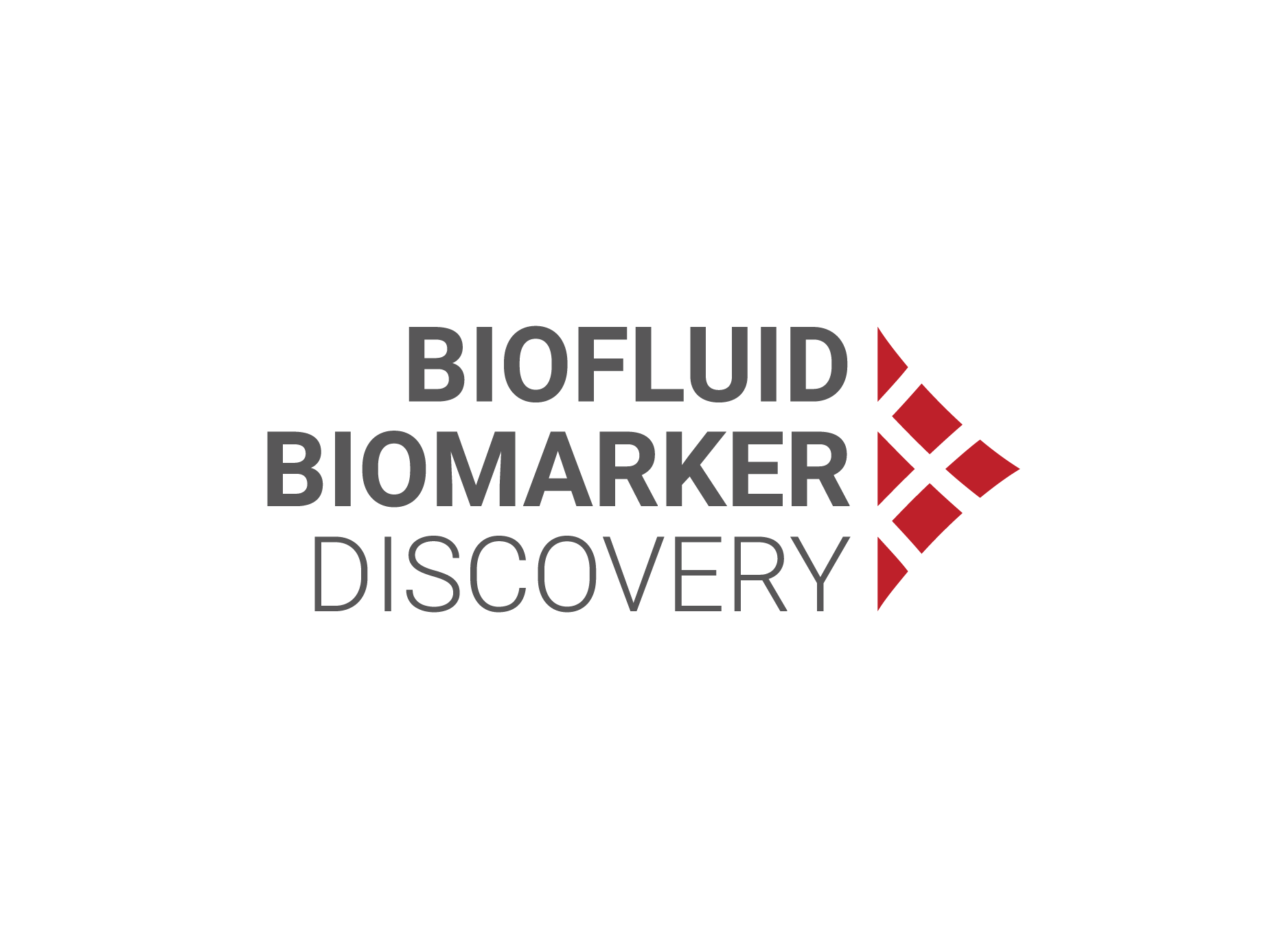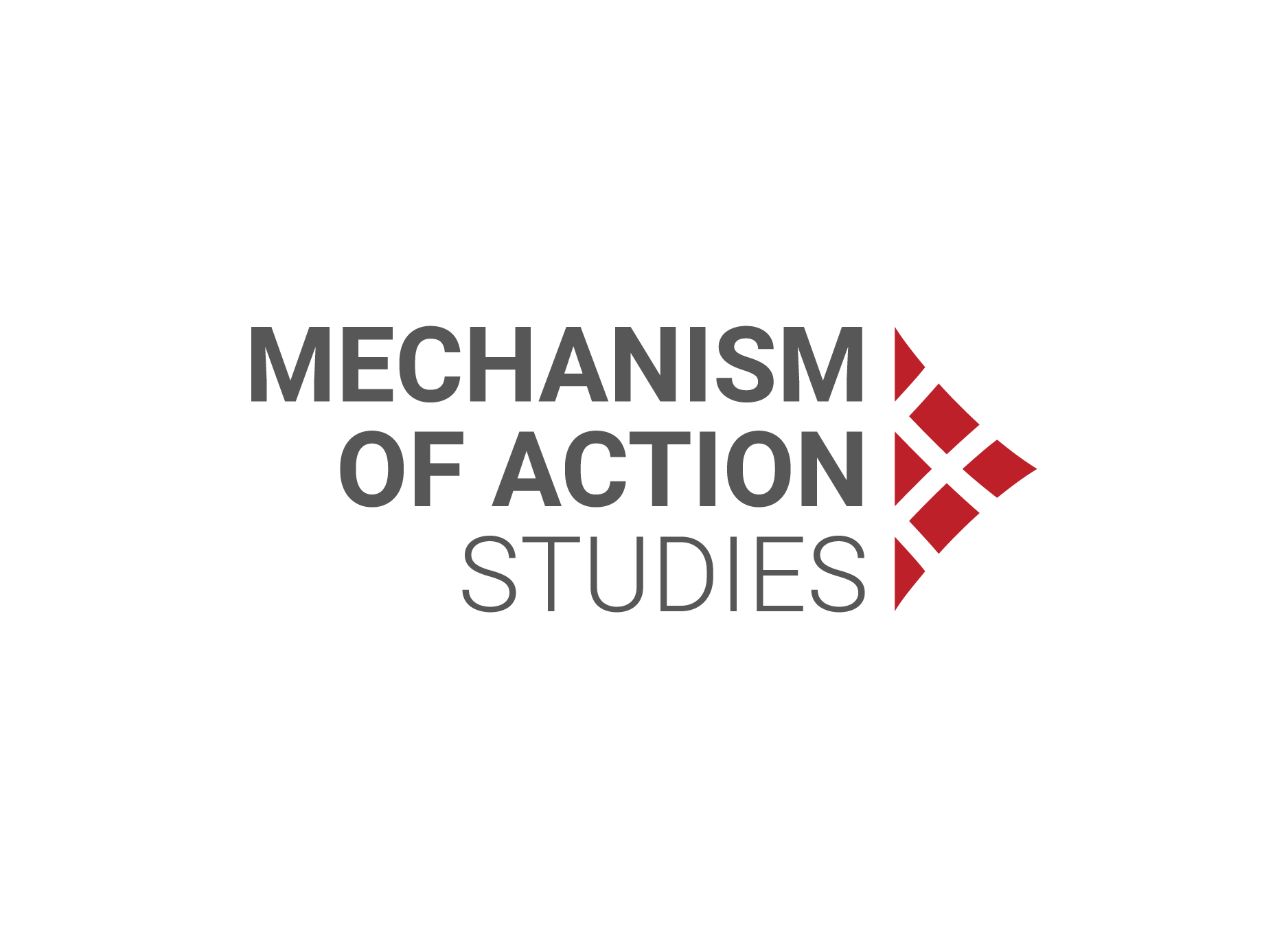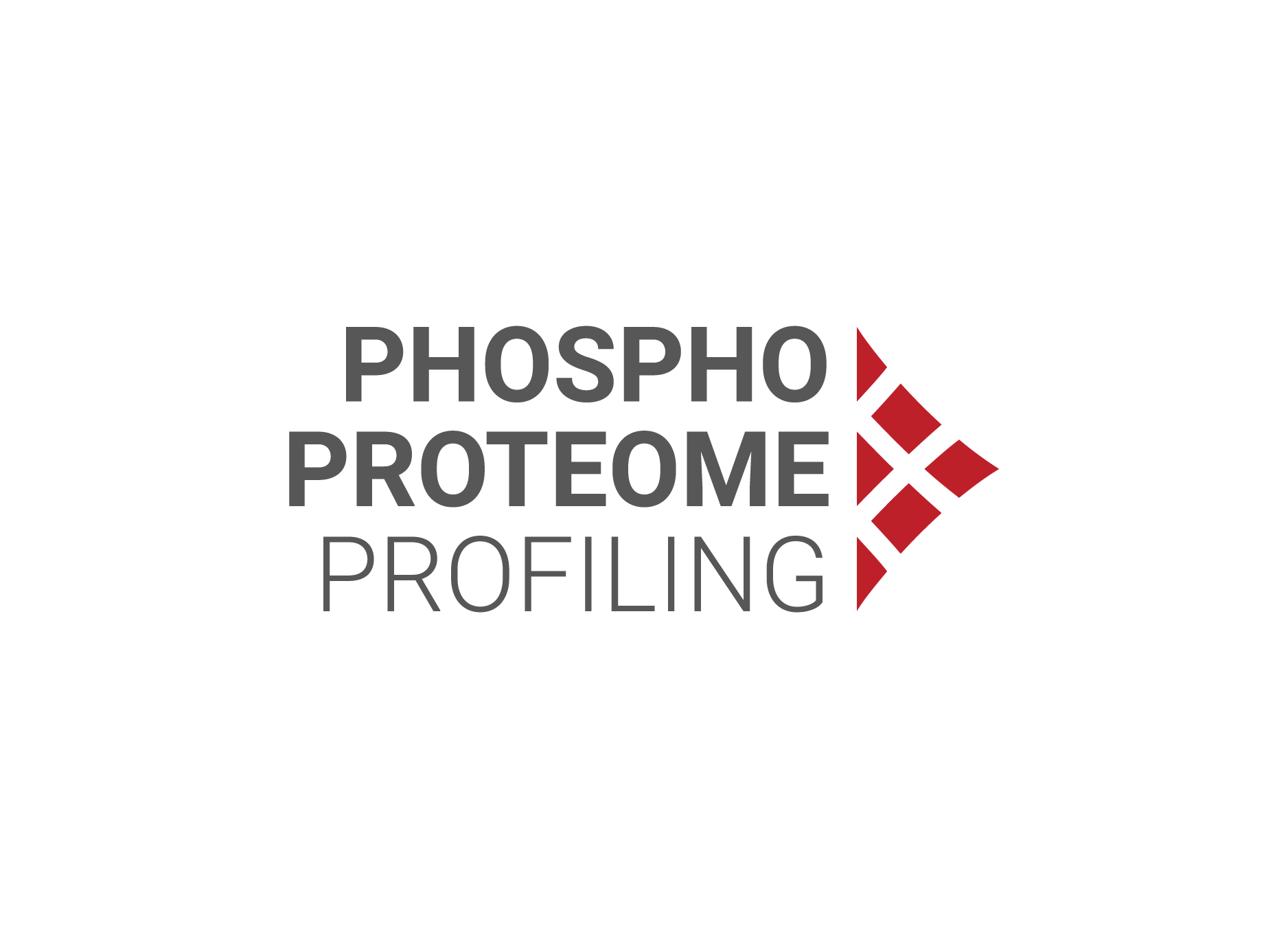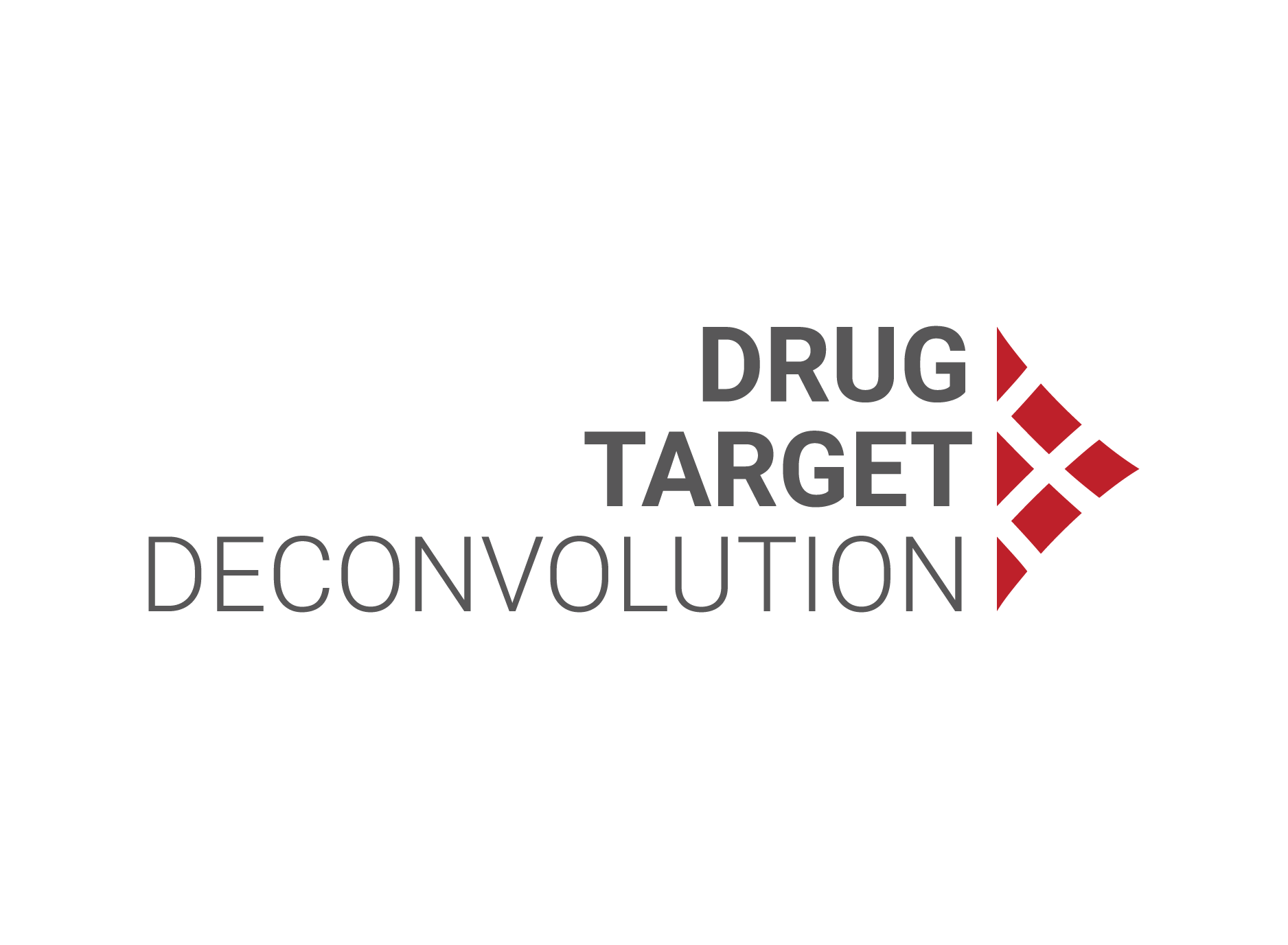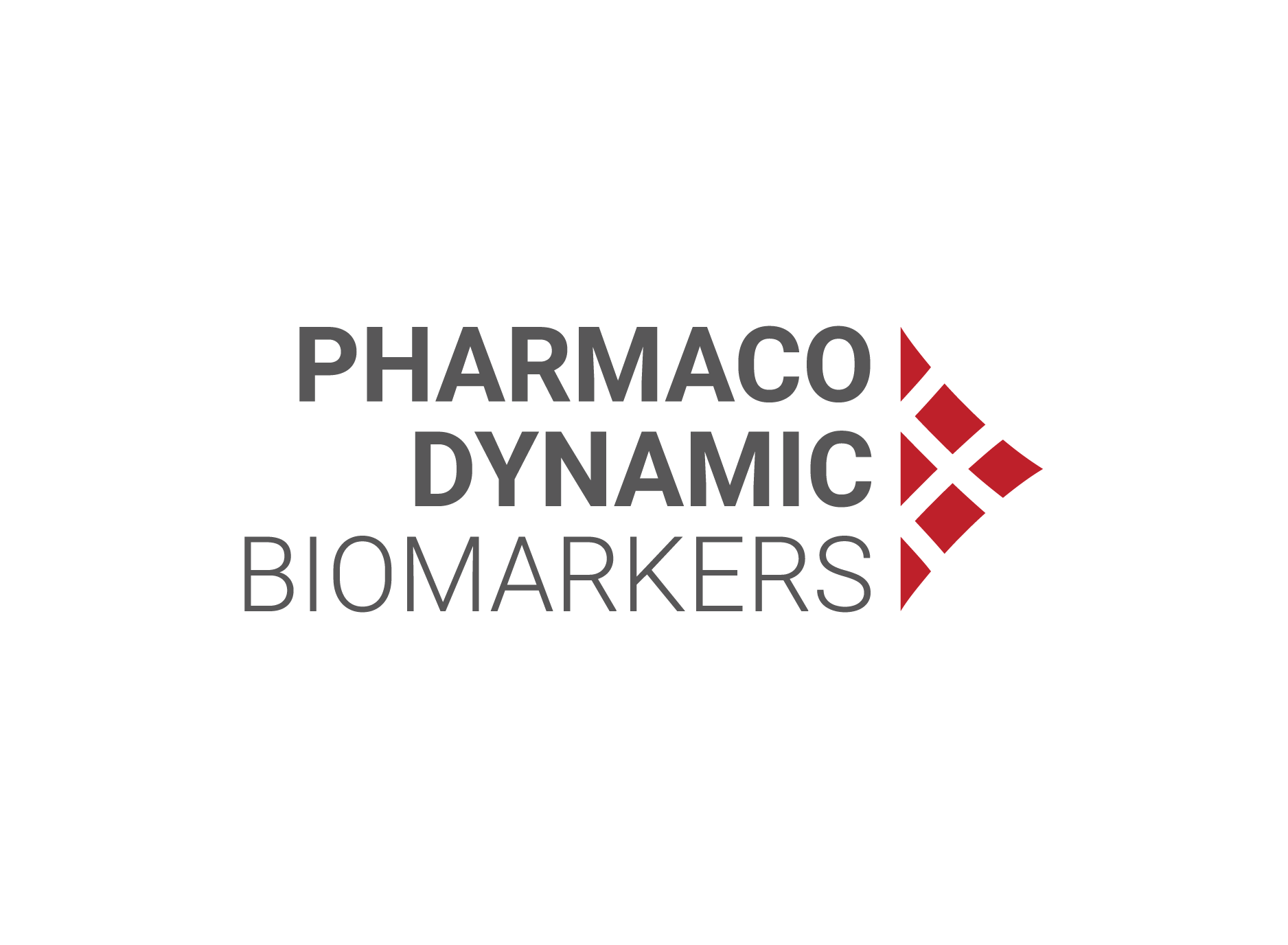From basic research to early drug discovery and late-stage clinical development, Biognosys’ proteomics solutions can provide key insights into cancer disease biology and reveal the mechanism of action of novel therapeutics.
Gaining deeper functional knowledge of how therapy or disease alters the proteome can lead to the identification of proteomic signatures that act as biomarkers to monitor or predict response to therapy and anticipate adverse events, ultimately reducing the risk of failure in drug development.
Blood-based Biomarker Discovery
Deep proteomics characterization of biofluids
Biognosys’ Discovery Proteomics approach offers a highly reproducible and scalable workflow for analyzing biofluids such as blood plasma or serum, making it the ideal choice for your biomarker research needs.
Our plasma/serum workflow enables robust and reproducible quantification of 600+ proteins in plasma or serum samples across large-scale studies. The use of our proprietary reference kit PQ500 enables the absolute quantification of up to 500 proteins in human plasma or serum.
For deeper profiling and exploration of lower abundant proteins, we have developed a workflow that depletes samples of the most common plasma proteins to reveal the less abundant informative molecules, allowing the quantification of 1’000+ proteins.
Browse the case studies below to see the power of our blood-based proteomics workflows to identify novel biomarkers associated with disease progression and response to therapy in lung cancer.
Tissue Biomarker Discovery
Global proteomic profiling of tumors to identify novel biomarkers
Biognosys’ proteomics workflows enable the identification of dysregulated proteins in
disease, revealing deep insights into cancer biology and new biomarkers for further
exploration.
Biognosys’ Discovery Proteomics approach was used to deeply characterize global tumor
proteomes from melanoma FFPE sections to uncover proteins and pathways implicated
in the disease, highlighting potential biomarkers associated with response after
immunotherapy.
Mechanism of Action
Profiling of the proteomic response to therapy in animal models
Proteomic profiling of tissue or tumor samples from animal models of disease reveals
detailed information about the proteins and pathways involved in response to therapy.
For example, Biognosys’ Discovery Proteomics was used to investigate the role of
immune cell depletion in the response to PD-1 blockade in syngeneic mouse models.
Phosphorylation Profiling
Profiling of phosphorylation sites in the cancer proteome
The discovery proteomics approach offers a scalable workflow to
reliably and reproducibly profile thousands of samples from multiple
time points, making it the ideal choice for clinical biomarker studies.
In partnership with Indivumed, we have developed a high-throughput
Discovery Proteomics workflow for the acquisition of large-scale deep
proteomics and phospho-proteomics datasets from a longitudinal cohort
of matching fresh-frozen tumor and adjacent healthy tissue samples
from thousands of cancer patients. The data is being used to enrich
Indivumed’s unique collection of biobank specimens.
We are very excited to partner with Biognosys. Proteomics and phosphoproteomics play a crucial role in understanding cancer biology and adding Biognosys’ technology to the IndivuType multi-omics profile will enable relevant discoveries in our collaborations with pharma and biotech.
Small Molecule Target Deconvolution
Proteome-wide characterization of the binding specificity and selectivity of small molecules
Biognosys’ drug Target Deconvolution approach Limited Proteomics
Mass Spectrometry (LiP-MS) can effectively identify protein drug
targets and characterize their binding properties in complex proteomes
without the need for compound modification or labeling.
In this specific example, LiP-MS was used to distinguish the specificity
and selectivity of different kinase and phosphatase inhibitors.
The LiP technology is a very valuable tool to identify target and offtarget of novel compounds whatever the organism and to support the process of target deconvolution in research. The interactions with Biognosys are very nice and fruitful. The team is engaged and responsive throughout the project.
Targeted protein degradation has recently emerged as a new frontier of medicine aimed at expanding the druggable proteome to develop and advance treatments for various diseases.
The success of these novel drug candidates depends on understanding how proteins are degraded and the effect of targeted degradation on the whole proteome. Our proprietary mass-spectrometry-based platforms uniquely address those needs and transform how novel protein degrader drugs are discovered and developed to reach the clinic today.
We perform your studies at our state-of-the-art facility, the largest high-end, GLP certified, and GCP compliant mass spectrometry laboratory worldwide for large-scale proteomics contract research. This ensures data transferability and clinical trial success.
TrueDiscovery™ Mechanism of Action Studies
Characterization of protein degradation
Biognosys’ TrueDiscovery™ platform enables the deepest unbiased profiling of tissue and biofluids proteomes with unbeatable specificity. It uniquely characterizes the degradation profile in early research phases, monitors protein turnover rates, and ultimately allows a better understanding and prioritization of the therapeutic modalities.
TrueSignature™ Pharmacodynamic Biomarkers
Monitoring of protein degradation
Biognosys’ TrueSignature™ platform exclusively offers customizable multiplexed proteomic panels for absolute quantification of up to 100 proteins in preclinical and clinical settings. It allows the monitoring of target engagement, pathway activation, pharmacodynamic, efficacy, and safety markers across the research and development phases.
Biognosys has been a valued partner as we continue to expand our clinical pipeline across a diverse set of diseases and indications. The company's high-precision custom proteomics panels enable us to monitor and quantify protein degradation across all aspects of drug development, including preclinical and clinical programs.
The limited success of disease-modifying drugs for neurological disorders highlights the urgent need for better biomarkers and a deeper understanding of the underlying biology.
Proteomics can provide unprecedented functional insights into the molecular basis of complex neurological disorders, bringing hidden pathways and new therapeutic targets to light.
Biomarker Discovery in Neurodegenerative Diseases
Global proteomic profiling of CSF to identify novel disease biomarkers
Progress in neurodegenerative conditions such as Alzheimer’s disease has been
hindered by a lack of knowledge about the underlying biological processes and
relevant biomarkers. By applying Biognosys’ Discovery Proteomics workflow, we
deeply characterized the proteome of cerebrospinal fluid samples (CSF) of
Alzheimer’s patients to identify proteins and pathways implicated in the progression
of the disease.
Small Molecule Target Deconvolution
Proteome-wide characterization of the binding specificity and selectivity of small molecules
Biognosys’ drug Target Deconvolution approach Limited Proteomics
Mass Spectrometry (LiP-MS) can effectively identify protein drug
targets and characterize their binding properties in complex proteomes
without the need for compound modification or labeling.
In this specific example, LiP-MS was used to distinguish the specificity
and selectivity of different kinase and phosphatase inhibitors.
The LiP technology is a very valuable tool to identify target and offtarget of novel compounds whatever the organism and to support the process of target deconvolution in research. The interactions with Biognosys are very nice and fruitful. The team is engaged and responsive throughout the project.
The recent success of immunotherapy has demonstrated the utility of harnessing the immune response for treating cancer and autoimmune disease. Deep quantitative proteomics offers the ability to go beyond known immunological markers and identify novel pathways and proteins that are implicated in the response to immunotherapy.
Immune Cell Profiling
High-dimensional proteomic characterization of immune cell phenotypes
Immune cells are highly heterogeneous, requiring careful analysis at the level of small
subsets or single cells. In this study, we used Biognosys’ Discovery Proteomics to
provide a high-dimensional phenotypic characterization of sorted immune cell
populations.
Going far beyond the known cell surface markers used in affinity-based approaches,
we were able to identify thousands of novel proteins and pathways that distinguish
specific immune cell subsets. This detailed proteomic data enables an in-depth
analysis of the processes driving immune cell activation and suppression.
Mechanism of Action
Profiling of the proteomic response to therapy in animal models
Proteomic profiling of tissue or tumor samples from animal models of disease reveals
detailed information about the proteins and pathways involved in response to therapy.
For example, Biognosys’ Discovery Proteomics was used to investigate the role of
immune cell depletion in the response to PD-1 blockade in syngeneic mouse models.
Small Molecule Target Deconvolution
Proteome-wide characterization of the binding specificity and selectivity of small molecules
Biognosys’ drug Target Deconvolution approach Limited Proteomics
Mass Spectrometry (LiP-MS) can effectively identify protein drug
targets and characterize their binding properties in complex proteomes
without the need for compound modification or labeling.
In this specific example, LiP-MS was used to distinguish the specificity
and selectivity of different kinase and phosphatase inhibitors.
The LiP technology is a very valuable tool to identify target and offtarget of novel compounds whatever the organism and to support the process of target deconvolution in research. The interactions with Biognosys are very nice and fruitful. The team is engaged and responsive throughout the project.»
The unique molecular characteristics of rare diseases pose significant challenges for drug discovery. Proteomics tools such as mass spectrometry offer a versatile, reliable platform for deep phenotyping of genetic variants and uncovering previously unknown mechanisms of disease.
Validation of CRISPR Gene Knockouts
Functional insights into genetically modified systems
Gene editing tools such as CRISPR-Cas9 have revolutionized rare disease research.
Highly targeted genetic modification allows high-throughput screening for target
identification or validation, and rapid generation of cellular or animal models.
Biognosys’ Discovery Proteomics profiling enables rapid and functional validation of
targets in pre-clinical models, as well as the characterization of any secondary
downstream consequences of gene modification.
Small Molecule Target Deconvolution
Proteome-wide characterization of the binding specificity and selectivity of small molecules
Biognosys’ drug Target Deconvolution approach Limited Proteomics
Mass Spectrometry (LiP-MS) can effectively identify protein drug
targets and characterize their binding properties in complex proteomes
without the need for compound modification or labeling.
In this specific example, LiP-MS was used to distinguish the specificity
and selectivity of different kinase and phosphatase inhibitors.
The LiP technology is a very valuable tool to identify target and offtarget of novel compounds whatever the organism and to support the process of target deconvolution in research. The interactions with Biognosys are very nice and fruitful. The team is engaged and responsive throughout the project.»
Chronic diseases, such as cardiovascular disease and diabetes, represent a large unmet medical need.
Proteomics-based approaches can accelerate the discovery and development of reliable biomarkers to improve
the diagnosis of chronic diseases and to monitor treatment response. Biognosys’ Discovery Proteomics is the
ideal tool to guide the development of safer and targeted therapies for a wide range of chronic conditions.
Large-scale Longitudinal Proteomics Studies in Plasma
Deep proteomics characterization of blood-based biomarkers
Comprehensive, high throughput profiling of the plasma proteome
enables a holistic analysis of the health of an individual. In
collaboration with Nestlé, Biognosys’ Discovery Proteomics was used
in a large-scale plasma study of more than 1,500 samples collected
over a longitudinal clinical study of weight loss. The analysis revealed
biomarkers associated with obesity, cardiovascular and liver-associated diseases, and diabetes.
